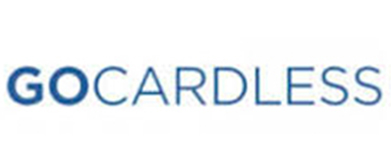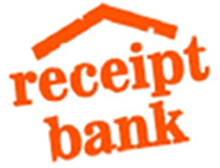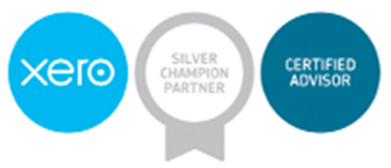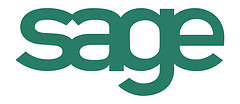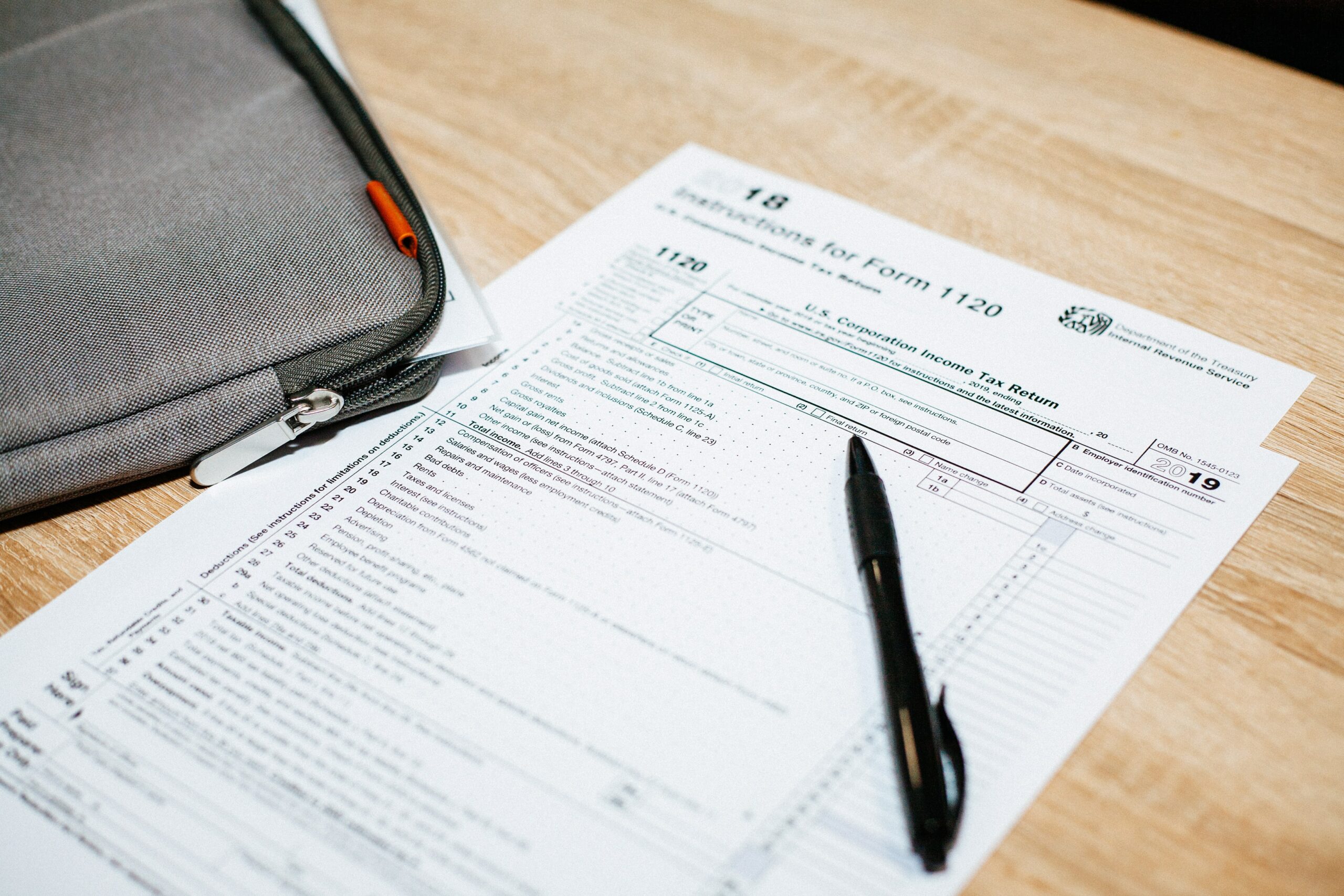
Our guide to VAT
Here’s our VAT guide to everything you need to know about VAT for your business.
What is VAT?
VAT stands for Value Added Tax. This tax is applied to the sale of goods or services by companies who are registered in the UK. When a sale is made, the company adds VAT onto the cost or invoice, collects the full amount, and then pays the VAT TO HMRC.
Is VAT charged on all goods and services?
No. Not all goods and services are VAT-rated. Any goods and services that aren’t eligible for VAT are known as VAT-exempt. This includes things such as residential rent payments, health services, financial insurance, and gambling.
Do I need to register for VAT?
You’ll need to register your company for VAT when your taxable turnover reaches the £85,000 threshold, or you expect it to be more than £85,000 in the next 30-day period. If you fail to register for VAT within 30-days of crossing the £85,000 threshold, you may face a fine.
Get A Free Quote
We believe in working with our clients to make accountancy services easy. Get year-end accounts, CT600 corporation tax, payroll, bookkeeping and management accounts made easy.
The figure is calculated on a 12-month rolling basis, rather than the calendar or tax year.
Some businesses also choose to register for VAT voluntarily, before they reach the VAT threshold. This can help give your business more credibility and also allows you to reclaim any VAT paid on the purchases you make.
Which VAT scheme should I use?
There are a number of different VAT schemes, and it’s important to consider which one is best for your business. The main VAT schemes are:
Flat Rate Scheme – For businesses with a turnover of under £150,000. You’ll pay a percentage of your turnover to HMRC, with set rates for individual industries. However, you won’t be able to claim back the VAT you incur on purchases, this is reflected in the fixed rate.
Cash Accounting Scheme – Popular amongst small businesses, you only pay the VAT income you have actually received during the quarter. However, this also means that you can’t claim back VAT for any invoices that haven’t been paid. Businesses with a turnover of under £1.35 million are eligible.
Annual Accounting Scheme – Rather than making quarterly payments, you will make advance payments towards your bill throughout the year. You will then be required to file on VAT return and pay the remaining balance, or claim a refund if you’ve overpaid. Businesses with a turnover of less than £1.35 million are eligible.
How to register for VAT
You can register for VAT online or by completing a VAT1 form. You’ll need to have certain detail to hand, including your Unique Tax Reference, business bank account details, company number and registered address, and details of any associated businesses from the past two years.
We hope you’re found our VAT guide helpful. If you’re in need of help with VAT in Newcastle-upon-Tyne or any of the nearby areas, then be sure to make REACT Accountancy your first port of call. We have years of experience handling all aspects of VAT, from planning to returns and much more. We work closely with our clients to ensure their VAT returns are filed correctly and on time. For more information or if you’d like to discuss using our VAT service, then be sure to contact us today.
Get A Free Quote
We believe in working with our clients to make accountancy services easy. Get year-end accounts, CT600 corporation tax, payroll, bookkeeping and management accounts made easy.

